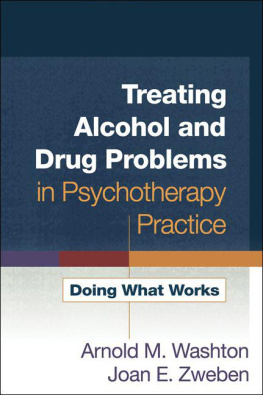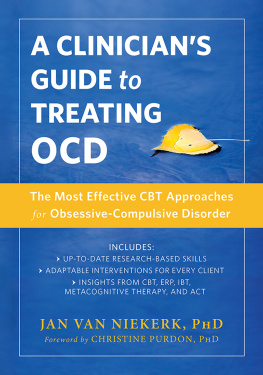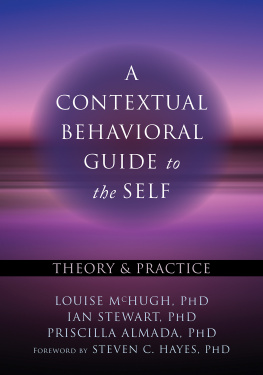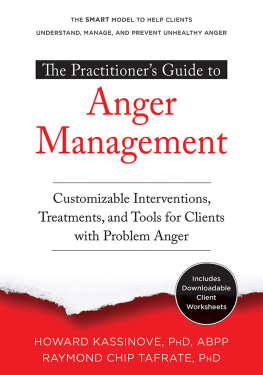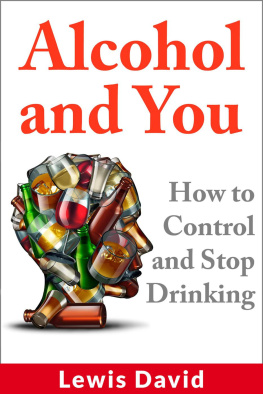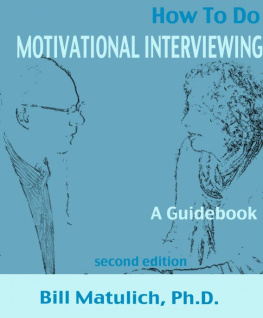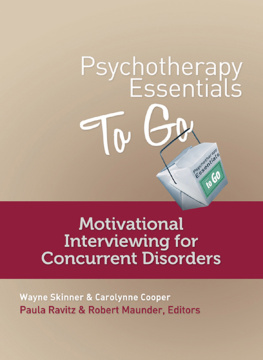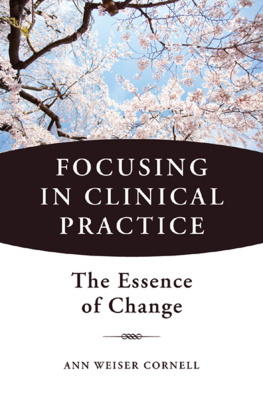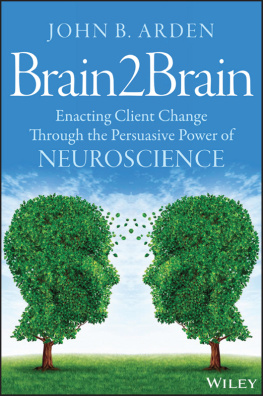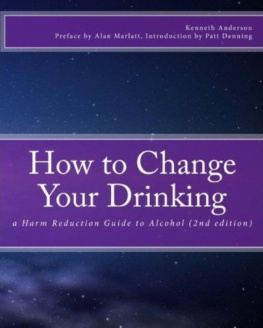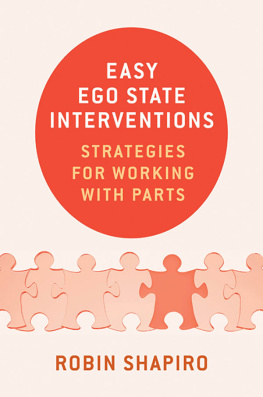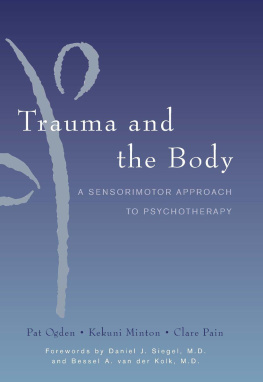TREATING ALCOHOL
AND DRUG PROBLEMS
IN PSYCHOTHERAPY PRACTICE |
| Doing What Works |
A RNOLD M. W ASHTON
J OAN E. Z WEBEN
E-Pub Edition ISBN: 978-1-4625-0438-1
2006 The Guilford Press
A Division of Guilford Publications, Inc.
72 Spring Street, New York, NY 10012
www.guilford.com
All rights reserved
Paperback edition 2008
Except as indicated, no part of this book may be reproduced, translated, stored in a retrieval system, or transmitted, in any form or by any means, electronic, mechanical, photocopying, microfilming, recording, or otherwise, without written permission from the Publisher.
Printed in the United States of America
This book is printed on acid-free paper.
Last digit is print number: 9 8 7 6 5 4 3 2
LIMITED PHOTOCOPY LICENSE
These materials are intended for use only by qualified mental health professionals.
The Publisher grants to individual purchasers of this book nonassignable permission to reproduce the appendices. This license is limited to you, the individual purchaser, for use with your own clients and patients. It does not extend to additional clinicians or practice settings, nor does purchase by an institution constitute a site license. This license does not grant the right to reproduce these materials for resale, redistribution, or any other purposes (including but not limited to books, pamphlets, articles, video-or audiotapes, and handouts or slides for lectures or workshops). Permission to reproduce these materials for these and any other purposes must be obtained in writing from the Permissions Department of Guilford Publications.
Library of Congress Cataloging-in-Publication Data
Washton, Arnold M.
Treating alcohol and drug problems in psychotherapy practice : doing
what works / Arnold M. Washton, Joan E. Zweben.
p. cm.
Includes bibliographical references and index.
ISBN 978-1-57230-077-4 (cloth : alk. paper)
ISBN 978-1-59385-980-0 (paper : alk. paper)
1. Substance abuseTreatment. 2. AlcoholismTreatment.
3. Psychotherapy. I. Zweben, Joan E. II. Title.
[DNLM: 1. Substance-Related Disorderstherapy. 2. Alcoholism
therapy. 3. Psychotherapymethods. WM 270 W319t 2006]
RC564.W37 2006
616.8606dc22
2005030403
To my wife, Lori, and my children,
Tala, Danae, and Jacobthe sources
of my inspiration and joy and the
guiding lights of my life
A. M. W.
In loving memory of my parents,
Benjamin and Ruth Zweben
J. E. Z.
Arnold M. Washton, PhD, is Executive Director of Recovery Options, a private practice in New York City and Princeton, New Jersey, dedicated to treating alcohol and drug problems in executives and professionals. He also serves as Clinical Director of The Retreat at Princeton, an inpatient substance abuse treatment program at Princeton House Behavioral Health and the University Medical Center at Princeton. An internationally known addiction psychologist and widely published author, Dr. Washton has specialized in treating substance abuse and related mental health problems since 1975.
Joan E. Zweben, PhD, is a clinical psychologist with over 35 years of experience in treating addiction and in training treatment practitioners. These practitioners include peer counselors, social workers, marriage and family counselors, psychologists, criminal justice personnel, nurses, and physicians. She has a broad-based background in treatment of both alcoholism and drug dependence and has experience with both residential and outpatient modalities. She has served on numerous work groups focused on policy issues. Dr. Zweben is the founder and Executive Director of the 14th Street Clinic (19792007) and the East Bay Community Recovery Project (1989present). Through these organizations, she has collaborated with researchers locally and nationally since 1981. She is the author of 4 books and over 55 articles or book chapters and editor of 15 monographs on treating addiction.
We are indebted to Seymour Weingarten and Jim Nageotte of The Guilford Press for their patience, encouragement, and unfailing confidence in this project. Without their help, it could not have been launched and finished. We are also thankful to our families for the support and understanding they provided throughout this long endeavor. Colleagues and students have contributed through their insightful questions and challenges to our thinking. Above all, we are deeply grateful to the countless men and women who have come to us over the past 30-plus years for help with alcohol and drug problems. They provided the raw material for this volume and are the primary beneficiaries of our clinical work.
Written specifically for the office-based mental health practitioner, this book is intended to describe what psychotherapists in private practice need to know in order to address alcohol and drug problems competently and routinely in their patients. We describe how therapists can approach and intervene with a range of patients, including those presenting with substance abuse problems and those presenting with other types of mental health problems who also abuse alcohol and drugs.
In very practical and specific terms, we describe how office practitioners can screen, assess, diagnose, engage, motivate, treat, and appropriately refer patients who are using alcohol and other psychoactive substances. This book is intended to serve as a practical how-to guide for practitioners from a variety of professional disciplines and schools of thought and for those at all levels of expertise in treating substance use disorders (SUDs), ranging from general psychotherapists with little or no clinical experience in treating alcohol and drug problems to dedicated specialists who, like us, have worked in the addiction treatment field for many years. Our intended readers include psychologists, psychiatrists, social workers, mental health counselors, marriage and family therapists, psychiatric nurses, addiction counselors, and other practitioners who encounter substance-abusing patients in their clinical work. The information in this volume is potentially of value not only to practicing clinicians, but also to students and trainees in advanced courses seeking to enter professional practice. Counselors working in substance abuse treatment settings will find this book useful because it describes an individualized approach to treating alcohol and drug problems that they may not have encountered or had an opportunity to practice in programmatic or agency-based treatment settings.
This book attempts to fill a critical void in the existing literature. Most of what has been written about treating SUDs is geared toward patients with severe addiction problems seen by addiction counselors in agency-based treatment programs. In contrast, this book is geared toward patients presenting with a range of alcohol and drug problems seen by mental health practitioners in office-based psychotherapy practice. These differences are significant in several respects. As compared with those in agency-based treatment programs, office practitioners are in a better position to offer more flexible, individualized care and to engage patients where they are when they first appear for treatment. They also are more likely to see patients in the earlier stages of developing or coming to grips with an alcohol or drug problem, including those already in therapy for other mental health problems. Office-based treatment offers an easier entry point for many people who, for a variety of reasons, choose not to seek help at addiction treatment programs. It also offers the option of individual psychotherapy, which is scarcely available in addiction treatment programs owing to a combination of limited resources and the prevailing view in these programs that group therapy is the only effective treatment modality for people with SUDs. Nonetheless, patients often need and want both the personalized attention and the stronger therapeutic relationship that only individual therapy can offer. Individual sessions within drug treatment settings are usually focused on current life challenges and case management issues. Many patients also want the help of a mental health practitioner who has the professional training and skills to address some of the complex psychological issues that are frequently intertwined with alcohol and drug problems. Among such patients are individuals who realize that their personal growth in later stages of recovery requires them to address certain issues (e.g., intimacy, self-esteem, developmental traumas) in ways that Alcoholics Anonymous (AA) or standard addiction treatment programs cannot. The role of mental health training in treating SUDs has become increasingly clear in recent years with recognition of a high rate of comorbidity between SUDs and a broad range of other mental health problems (Kessler et al., 1994, 1997; Kessler, Nelson, & McGonagle, 1996; Kessler, Sonnega, Bromet, Hughes, & Nelson, 1995; Mueser, Noordsy, Drake, & Fox, 2003; U.S. Department of Health and Human Services & Substance Abuse and Mental Health Services Administration, 2002) and that positive treatment outcomes can be expected only when both sets of problems are adequately addressed.

